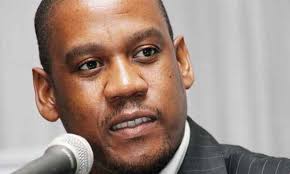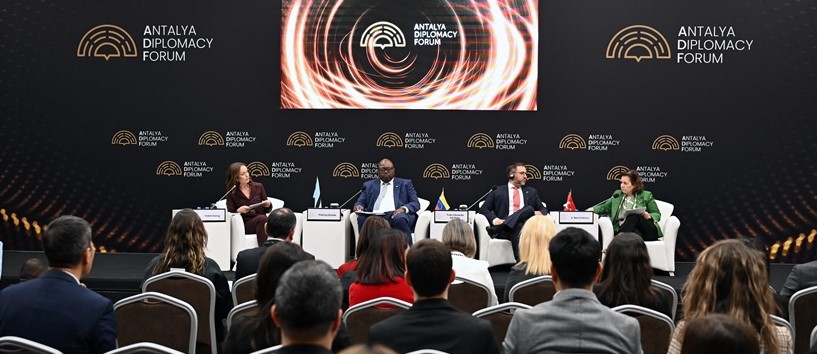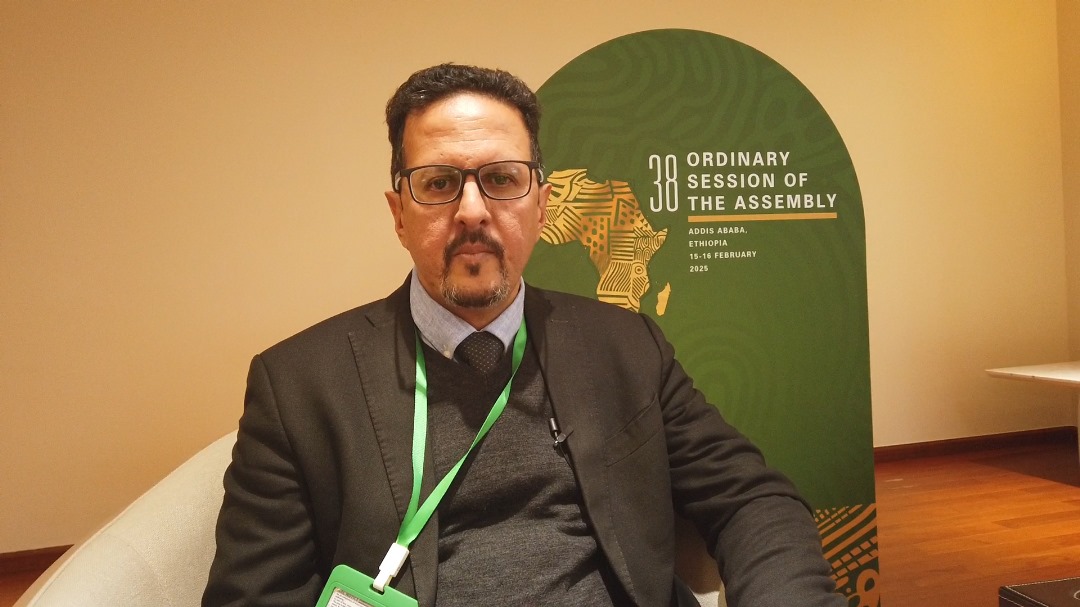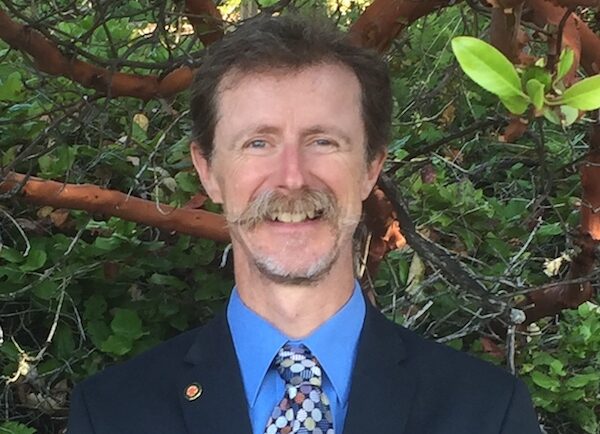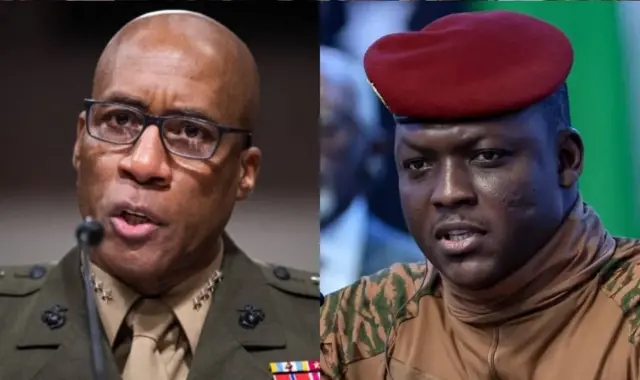
By Fortune Madondo
Of General Michael Elliott Langley’s Accusations
Michael Langley

Michael Elliott Langley is the sixth commander of the United States (US) Africa Command (AFRICOM) and the first black four-star general in the United States Marine Corps, having been promoted to that position on August 6, 2022.
What is AFRICOM?
AFRICOM is one of seven U.S. geographic combatant commands, responsible for military engagement across 53 African nations (except Egypt). Working with partners and allies, the command counters malign actors and transnational threats, responds to crises, strengthens African security forces, and supports United States of America (US) government efforts in Africa to advance US national interests and promote regional security, stability, and prosperity, so goes the mission statement of AFRICOM.
The visit
On the 24-25 of April, 2025, Michael Elliott Langley travelled to Côte d’Ivoire (Ivory Coast) to meet with Ivorian leaders and deliver a speech at the opening ceremony of Flintlock (Africa Command’s annual combined special operations exercise). Langley emphasized that increased AFRICOM presence was crucial in deterring terrorist organizations or activities in the region (West Africa). Together with US Ambassador Jessica Davis Ba, met with Cote D’Ivoire’s Minister of Defence Tene Birahima Quattara & Chief of Defence Staff Lt. Gen. Lassina Doumbia. The leaders talked about regional security threats & emphasized the importance of Cote D’Ivoire as a security regional leader.
Langley’s Address to the Senate Armed Services Committee
April 3, US Africa Command (AFRICOM) Commander Michael Langley testified to the Senate Armed Services Committee, and Langley identified Captain Traoré as an enemy of US interests. Langley turned attention to Burkina Faso and its leader, Captain Ibrahim Traoré, accusing Traoré of using the gold reserves he nationalized “to protect his junta.” Gen Langley was responding to a question from Senator Roger Wicker about corruption and bribery linked to trade with China.
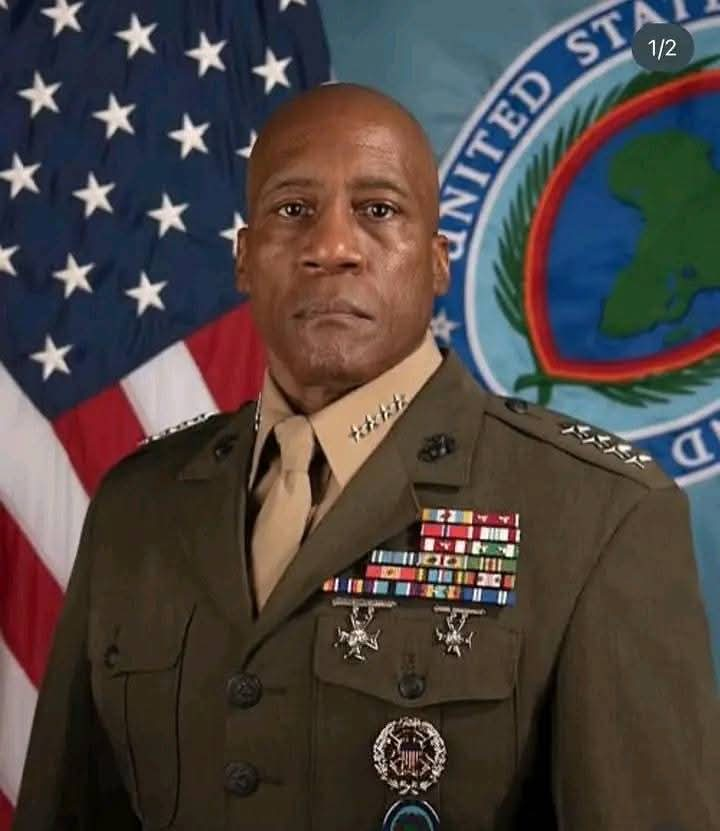
Langley made the following statement:
“Chairman. I see this, and I don’t mind calling it out. Captain [Ibrahim] Traoré in Burkina Faso… their gold reserves are just in exchange to protect the junta regime.”
Langley’s remarks suggest that Traoré is diverting Burkina Faso’s $4 billion gold reserves to sustain his military rule, rather than using them for public welfare. Langley tried to camouflage his accusations in some form of humanity or legitimacy, pointing out that Traoré was using the country’s gold to finance his security rather than for the benefit of his people. However, observers, especially from Africa & Africans in the diaspora, were not amused by Langley’s criticism of Traore.
Twelve (12) of Traore’s Crimes in the eyes of the West
1. Traore nationalized much of the country’s gold. Remember, Burkina Faso is Africa’s fourth-largest gold producer, with the sector accounting for 12% of its GDP. Traoré has been vocal about reducing foreign control over the gold industry, which has been historically dominated by multinational corporations.
2. In November 2023, Traore approved the construction of Burkina Faso’s first refinery to process gold domestically, halting the export of unrefined gold to Europe and advancing the industrialization and skills development needed to create a prosperous domestic economy and lift the Burkinabe people out of the imperialist extractive economy trap.
3. Traore suspended export permits for small-scale private gold production to combat illicit trade, such as smuggling, and to regulate the artisanal gold sector.
4. Traore renegotiated mining contracts with foreign corporations, demanding greater percentages of ore extracted and favouring local participation, again developing skills needed for a complex, prosperous domestic economy.
5. Traore prioritized local processing in other sectors, such as agriculture and cotton.
6. Traore established two tomato-processing plants and a second cotton processing plant, alongside the National Support Center for Artisanal Cotton processing, to enhance local value addition and further reduce reliance on exporting raw materials.
7. By and large, Ibrahim Traore is pushing for a broader economic autonomy by investing in agriculture to achieve food self-sufficiency, providing farmers with modern machinery and improved seeds, leading to a 2024 harvest of nearly six million tons of cereal.
8. Traore expelled French military forces from Burkina Faso. In January 2023, he announced the termination of a 2018 defense agreement with France, giving French forces one month to leave.
9. Traore established military sovereignty and diversification of military partnerships, including partnerships with Russia?_ Definitely irking the West, especially France, who consider Francophone countries (former French Colonies its area of control.
10. In a bold assertion of financial sovereignty, Captain Ibrahim Traore of Burkina Faso declined financial assistance from the International Monetary Fund (IMF). Traore chose to forgo the IMF’s Extended Credit Facility, which was designed to address the nation’s balance of payments issues and support economic resilience and poverty reduction. Traore had this to say:
“Africa does not need the World Bank, IMF, Europe, or America. We Africans have all that it takes to develop our economy/countries without any foreign debt/loans to sustain us. We cannot continue to be enslaved using debts/loans.”
11. Traore made a swift change in the traditional foreign policy, shifting away from traditional Western allies. His administration expelled French troops in 2023 and has deepened ties with Russia, notably through the Wagner Group, while forming the Confederation of Sahel States (CSS) with Mali and Niger to address regional security challenges.
12. Traore appeals to the Pan-Africanist ideals of Burkina’s revolutionary leader Thomas Sankara, who served as its president from 1983 to 1987 before being assassinated in a French-backed coup d’état. He erected a new statue of Sankara on the site where he was assassinated.
These moves have positioned Traoré as a symbol of African independence, earning him significant popularity both domestically and across the continent.
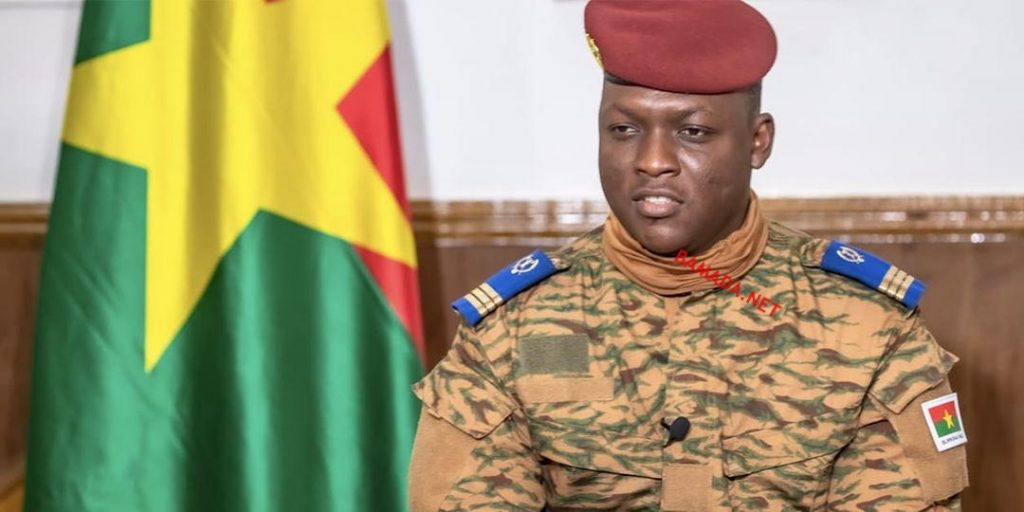
Reaction to Langley’s Threat to Traoré
On April 22, Burkina Faso’s Security Minister Mahamadou Sana told the press that security forces had foiled a “major plot” to assassinate Captain Ibrahim Traoré, with the army alleging the plotters were based in neighbouring Ivory Coast. He said they had aimed to “sow total chaos and place the country under the supervision of an international organisation.”
No to another Libya or Somalia
There has been an outcry on the African mainland and the diaspora by justice communities that there must never be another Libya. US or Western-backed interests should not interfere with Burkina drawing lessons from Libya or Somalia, where US intervention did more harm than good.
Tensions Over Sovereignty and Geopolitics.
AFRICOM has been accused of hypocrisy, pointing to the historical exploitation of African resources by Western powers. Some were hurt by Langley’s comments, which, according to them, are meant to brand “Defenders of Sovereignty as Threats – an unforgivable hypocrisy of General Langley’s Words on Burkina Faso.” This is so because Traoré’s efforts to reclaim national wealth and sovereignty have been praised, whilst criticism has been aimed at U.S. interference, with cries for no other Libya again.
The Economic Freedom Fighters (EFF), a prominent South African political party, led by the firebrand Julius Malema issued a statement rejecting Langley’s claims as an attempt to destabilise a leader addressing historical injustices in mining agreements.
The EFF called on African nations to unite against neocolonial efforts to dictate internal policies, further amplifying the regional backlash. The EFF described the U.S. allegations as part of a broader pattern of Western meddling in African governance, warning that such narratives are designed to delegitimize leaders who reject foreign domination.
Even celebrities outside Burkina Faso, such as Ghana’s Sarkodie, Stonebwoy, and US rapper Meek Mill, have reacted and called for Traoré’s protection.
The uproar & fierce reaction over Langley’s comments reflect a fundamental divide in perspectives on resource management and foreign influence in Africa.
For Traoré and his supporters, controlling Burkina Faso’s gold reserves is a critical step toward economic sovereignty and correcting decades of exploitation by foreign corporations. The nationalisation of mines like Essakane and the expulsion of French troops are bold assertions of independence.
This incident highlights broader geopolitical tensions. The U.S., through AFRICOM, has positioned itself as a counterterrorism partner in Africa. Still, critics argue that its presence often protects Western economic interests, including access to mineral resources.
Reactions
The whole Langley incident underscores deep-seated tensions between African aspirations for sovereignty and Western strategic interests. While the U.S. views Traoré’s resource policies as a potential threat to stability, many Africans see him as a defender of national wealth against foreign exploitation.
Some commentators have gone to the extent of describing Langley as a “shameless black man,” referencing the irony of an African-American general criticising an African leader in a manner many saw as patronising and neo-colonial.
Others questioned how it is US business what African leaders do with their natural resources?” Especially given the fact that the U.S. remains silent on the historic and ongoing exploitation of African resources by multinational corporations, especially in the Democratic Republic of Congo (DRC) where some American companies have been implicated, while suddenly raising concerns when African leaders assert control over their wealth.
Others criticized the US & its Western Allies for paternalistic attitudes. Arguing that such remarks reinforce a narrative that African leaders cannot be trusted to govern or manage resources without external oversight. This has led some to question AFRICOM’s role as nothing but an enforcer of Western interests on the continent. Some went as far as to describe Commander Michael Elliott Langley as “an Uncle Tom in uniform.”
Old Wounds vs. New Hopes: Michael Langley’s Apology
In all the verbal war & accusations, Gen. Michael Langley stood on one hand as a symbol of the West’s paternalistic attitudes and on the other hand, young Captain Ibrahim Traore stood as a new hope of African leadership, a leadership that can stand its ground against Western machinations & manipulations.
However, for the first time in living memory, a US General has publicly apologized to a young African leader. Yes, an apology was broadcast for all to see. Michel Langley, a symbol of diasporic success with his roots in Senegal, had now become a symbol of betrayal.
Even elders from Langley’s roots village in Senegal sent a video telling Langley that he had brought dishonour upon himself, reminding Langley that one does not fight his brother (Langley’s roots are African from Senegal) but rather one should uplift his brother and not bring him down and categorically stated that Michael owed Traore an apology.
In his public apology statement, Langley pointed out that he had accused Traore under ” ignorance & pressure and was sorry because his judgment had clouded his reason. Whether the apology was sincere or not, time will tell. Traore’s response was simple.
“….. We accept your apology not because we are weak or have forgotten, but because we are strong enough to heal. Let your apology be the beginning of great things. We are not your enemies or your inferiors but your equals ….. “
F. Madondo (African Teacher) fortmada123@gmail.com






